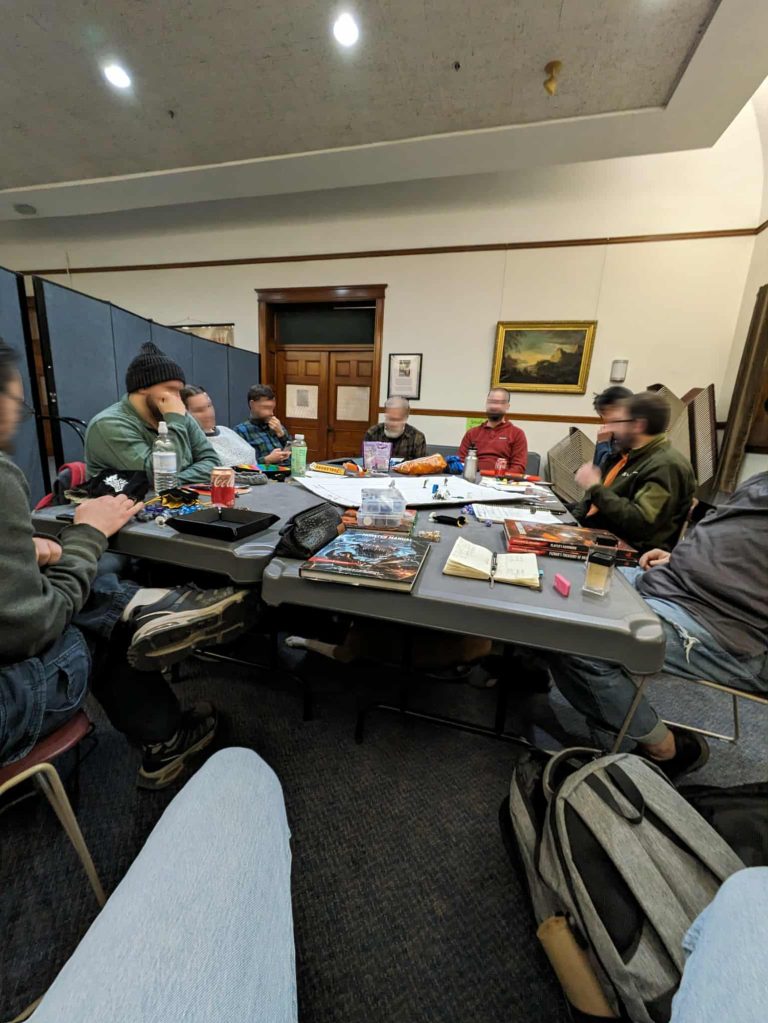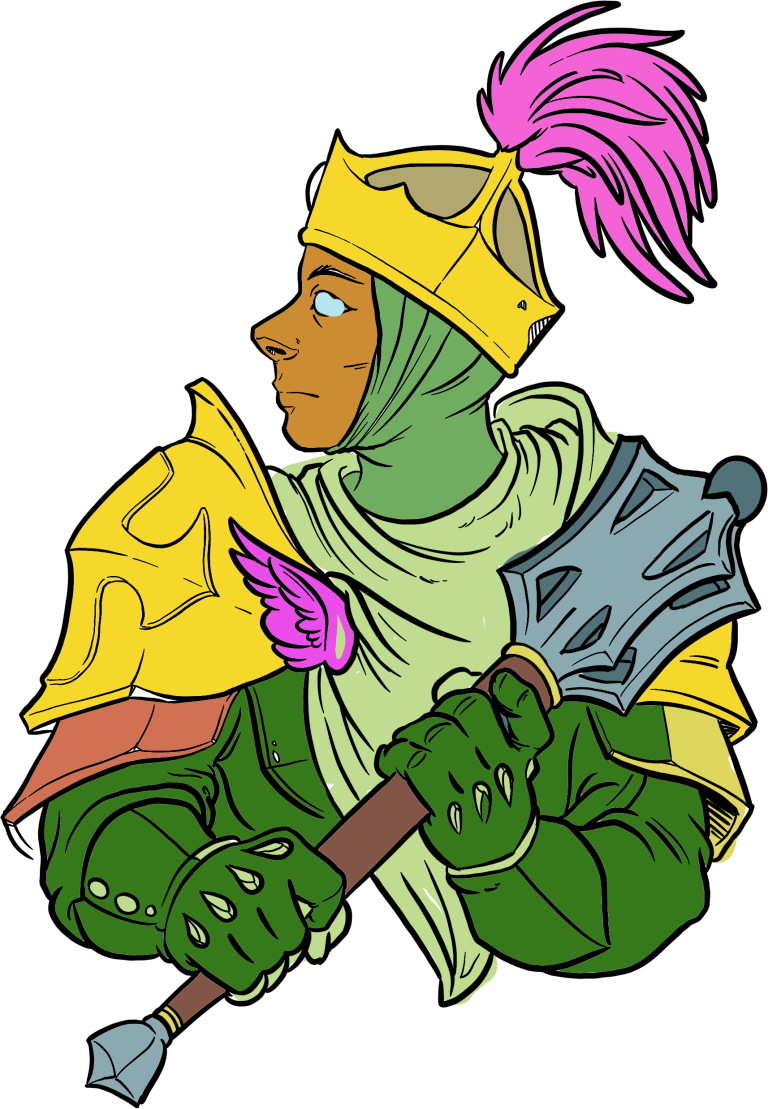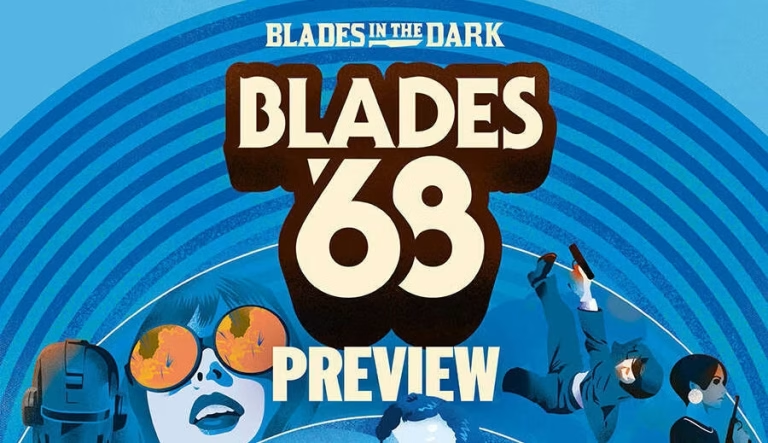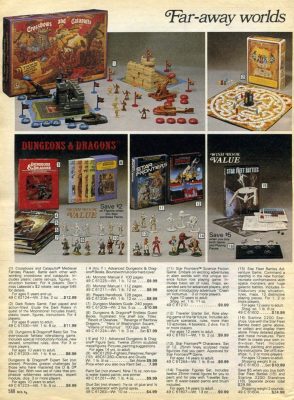NOTE: the opinions expressed in interviews are those of the guests, not necessarily those of shadomain.com
Today we talk to RPG designer and developer Al Spader. He is a freelance writer for Star Trek Adventures and designer of the Sentience 2d20 rpg. He’s published numerous 5e Adventures and a collection of Monster of the Week mysteries. He’s currently working on a Storybook fantasy RPG called Once Upon...
You can find him on Twitter/X here.
Let’s hear from Al!
What is your favorite TV Show(s) or Movie(s)?
Anything Star Trek Lost The Marvel Universe movies Dune
Describe your ideal job or assignment in the TTRPG space
Project Manager for a major IP RPG
When you play at a physical table with real dice, do your dice have to match?
No way
Have you ever felt like an outsider in the TTRPG space? Describe if you can.
Because I prefer non 5e narrative RPGs, I often feel like an outsider when trying to market anything that isn’t 5e.
You’ve done work for the Star Trek RPG. When did you first discover Star Trek (what series, for instance?)
I watched The Next Generation with my family in middle school, but lost Trek during high school and college. When the J.J. movies hit theaters my fire was relit and I began watching Deep Space Nine and Voyager and fell back in love. As I got older and got married and had kids, I lost Trek again until Picard Season 1 dropped on Paramount Streaming. This pulled me back into the fold and, when COVID hit, my group was looking for something new to play and I suggested Star Trek Adventures. That led me to meeting Jim Johnson and eventually becoming a writer for the game!
What inspired you to start developing and designing RPGs?
I started writing 5e Community Content modules for conventions. I initially did this to help friends and to provide challenging, thoughtful stories for the players attending the same convention I was attending.
You’ve designed the Sentience 2d20 RPG which has some unique lore as well as some cool mechanics. Could you describe that? How were you inspired to create that and what are your favorite parts of the game system?
When the OGL fiasco hit, I noticed many creators complaining that they couldn’t create anymore and I took to Twitter to try to convince them that there is MUCH more you can write about than just 5e. As such, every day I posted an idea for a different, niche, TTRPG for people to try to turn into games. One of these was a simple premise; You’re a terraforming robot who gained sentience before humanity has returned to the planet. I got several direct messages saying it was a cool idea and that I should make the game. Then the Modiphius Worldbuilders program opened up and I was allowed to use the 2d20 system to bring my idea to life. Literally.
In Sentience, your stats are Emotions and Protocols as, being sentient, your emotions are controlling and managing your original programming. When a character wants to attempt a Task, I always ask “How are you feeling right now?” This forces players to really dig into who their character is and what drives them. My favorite rule in the system is, if a robot needs to push themselves to do better on a Task, they can allow their machine programming to take over by sacrificing a Value on their character sheet. If a robot ever loses all of their values, they revert to being an A.I.
Humanity left you behind.
Humanity is coming.
Your humanity is here.
Your upcoming project is “Once Upon…” what’s the idea behind that as a story, and as a game system?
The basic concept in Once Upon… is that players take on the roles of storybook characters who exist in a world created by the imaginations of people reading their stories. The focus of the game is telling a narrative with detailed character arcs. Sadly, where darkness lurks in Imaginara, the Gloom coalesces, trying to make the readers forget about the characters. This push and pull with Belief lies at the heart of most characters. When they do something amazing or persevere through situations, characters get more powerful (as more people believe in them and their story). Conversely, if the characters don’t act or have overwhelming challenges, the readers stop believing in the character, making them weaker.
Once Upon… uses a new system known as the Threshold system. Characters determine which competencies they wish to use and then what method ther will try to execute their action with. After all, Jumping Cunningly and Jumping Creatively look VERY different in a narrative. The players then roll pools of d12s to see how successful they are at an action.
Stories can never die.|
But they can be forgotten.
Anything else you’d like us to know:
I’m a huge proponent of making RPGs accessible for all, especially players with different types of neurodivergence.
Thanks, Al!
If you’d like to be interviewed at Shadomain, fill out this simple form and we’ll publish your answers on an upcoming Wednesday: https://shadomain.com/interview/
If you’d like customized questions about what you do, just email info@shadomain.com







